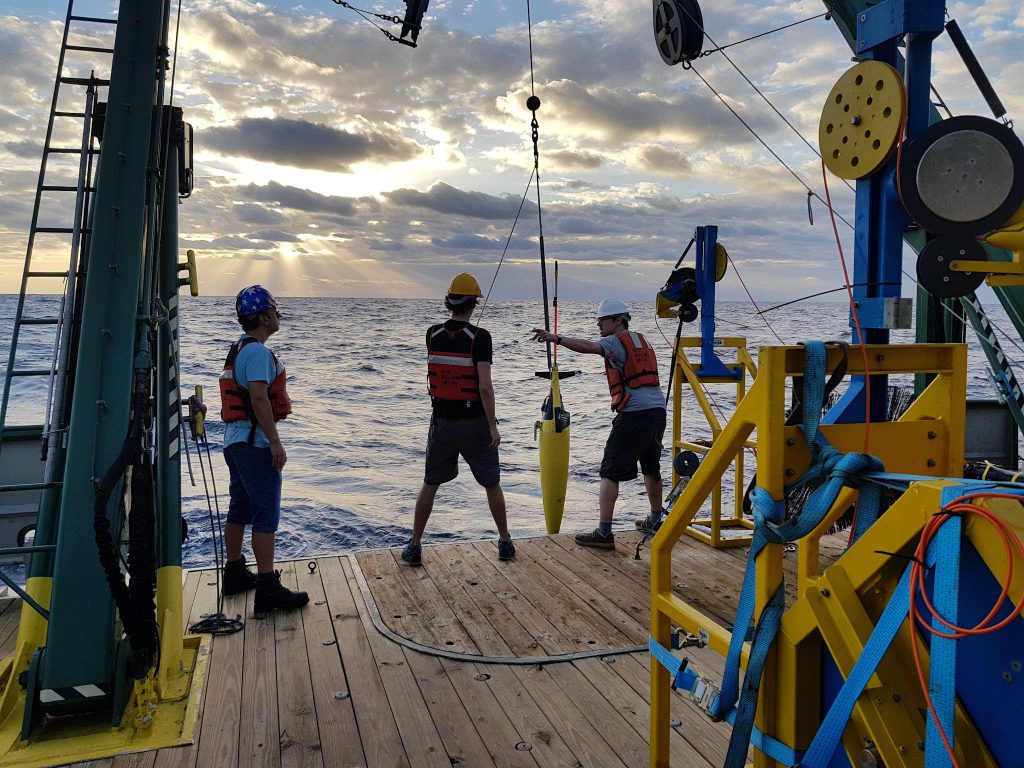Net Zero Oceanographic Capability: the future of marine research – Cabot Institute, University of Bristol

Our oceans are crucial in regulating global climate and are essential to life on Earth. The marine environment is being impacted severely by multiple and cumulative stressors, including pollution, ocean acidification, resource extraction, and climate change. Scientific understanding of marine systems today and in the future, and their sensitivity to these stressors, is essential if we are to manage our oceans, and achieve the United Nations Sustainable Development Goals (SDGs). However, these systems are complex – with a vast array of interacting physical, chemical, biological and sociological components – and operate on scales of microns to kilometres, and milliseconds to millennia. To address these challenges, modern marine science spans a wide range of multidisciplinary topics, including understanding the fundamental drivers of ocean circulation, ecosystem behaviour and its response to climate change, causes of and consequences of polar ice cap melt, and the impacts of ocean warming on sea level, weather and climate. Marine scientists investigate problems of societal relevance

This blog is written by Cabot Institute member Dr Katharine Hendry who is an Associate Professor in the School of Earth Sciences at the University of Bristol
such as food security, hazards relating to sea level rise, storm surges and underwater volcanoes, and understanding the consequences of offshore development on the health of the ocean in the context of building a sustainable blue economy. With the start of the UN Decade of Ocean Science for Sustainable Development in 2021, there is a clear motivation not only for more research, but for sustainable approaches.
However, a key challenge facing all scientists in the near future is the absolute necessity to reduce and mitigate all carbon emissions, achieving ‘Net Zero’. Among many of the high-impact pledges made over recent months, UK Research and Innovation (UKRI) have promised to achieve Net Zero by 2040. UKRI is the umbrella organisation encompassing all of the UK Research Councils including the Natural Environment Research Council, which funds the National Oceanography Centre and British Antarctic Survey to operate the large-scale UK marine research infrastructure.
Other news stories
Associated people


